Does an Air Cooled Chiller Suit Us ?
Does an Air Cooled Chiller Suit Us?
The suitability of an air-cooled chiller for a particular application depends on a variety of factors, and it is important to evaluate the specific requirements of your cooling needs.
Here are some considerations to help you decide if an air-cooled chiller is right for your application.
- Space limitations: Air-cooled chillers are typically more compact and do not require a separate cooling tower or associated water system. If space is limited and there is no infrastructure for a water-cooling system, an air-cooled chiller may be a good option.
- Water availability and water quality: Air-cooled chillers do not rely on a continuous water supply, making them beneficial in areas where water availability is an issue or where water quality may be an issue.
- Installation and maintenance costs: Air-cooled chillers are generally easier and cheaper to install because they do not require cooling towers, condensate pumps, and associated piping. Maintenance costs are also lower compared to water cooling systems.
- Energy Efficiency: Air-cooled chillers may be slightly less energy efficient compared to water-cooled chillers, especially when ambient temperatures are high. However, advances in technology over the years have improved the efficiency of air-cooled chillers.
- Ambient Temperature: The performance of air-cooled chillers is affected by the ambient temperature. Extremely high temperatures can reduce the efficiency of air-cooled chillers and impair their capacity.
- Noise Considerations: Air-cooled chillers can make noise due to the operation of the fans to dissipate heat. If noise is an important factor, you should consider the location of the cooler and whether the noise level is acceptable for your application.
- Cooling Capacity Requirements: Evaluate the cooling capacity required for your specific application. Air-cooled chillers are available in a variety of capacities, but water-cooled systems may be better suited for very large cooling loads.
- Environmental Regulations: Please consider the environmental regulations and restrictions in your area. Some regions may have restrictions on water use or drainage, which can affect your choice of air- and water-cooling systems.
- Long-term operational considerations: Evaluate long-term operational needs and plans. If your facility is likely to grow or your cooling needs may change in the future, it’s important to choose a system that can adapt to your changing needs.
We recommend working with a qualified HVAC (Heating, Ventilation, Air Conditioning) engineer or consultant to thoroughly analyze your specific needs and conditions. These helps determine the best cooling solution based on factors such as efficiency, cost, space constraints, and environmental considerations.
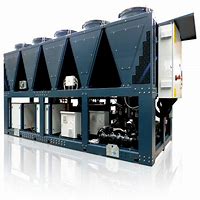


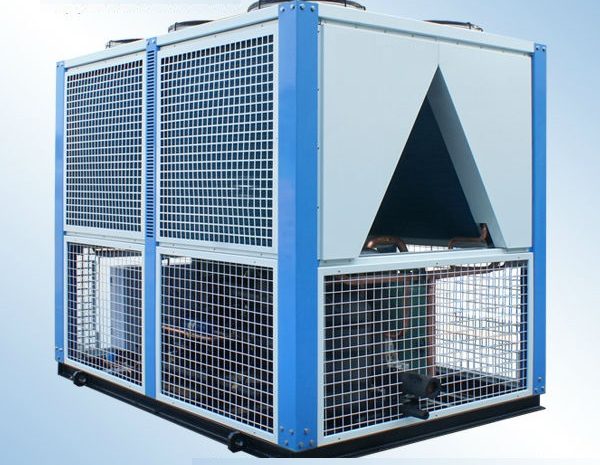
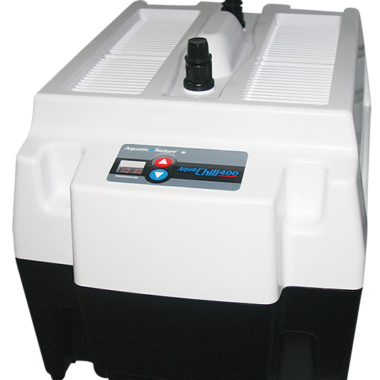
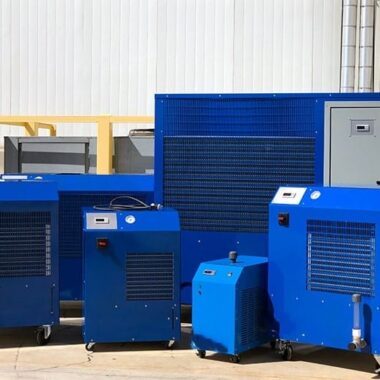
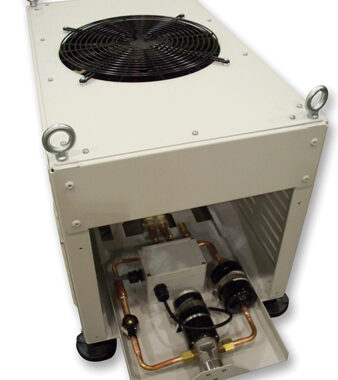
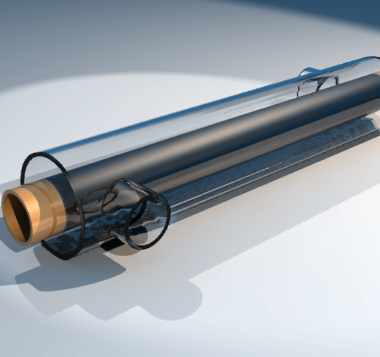
AIR COOLED CHILLER - Cool Fab Equipments December 30, 2023 at 8:24 pm
[…] and industrial facilities employ air-cooled chillers, which are refrigeration systems, to cool liquids and/or dehumidify air. They are employed in many […]